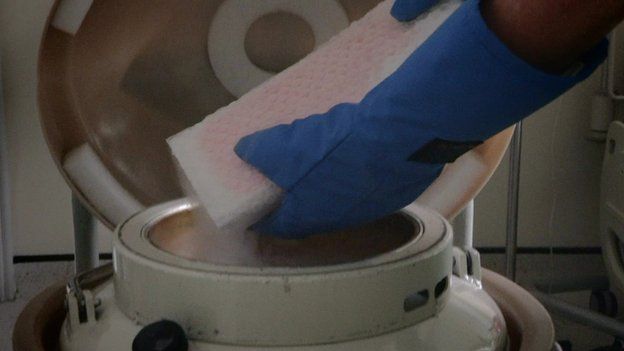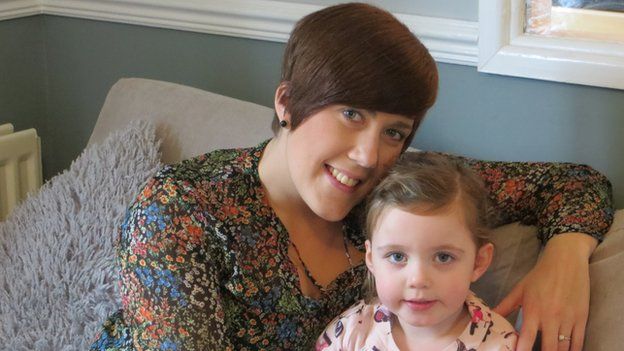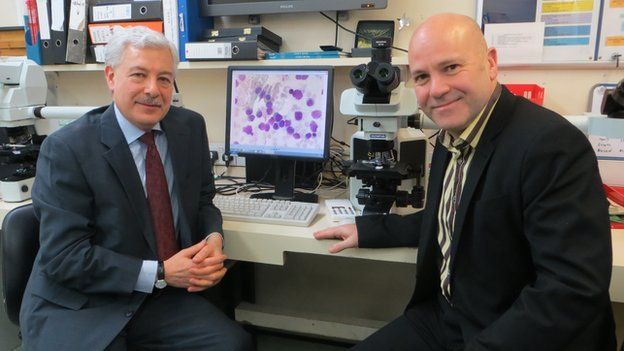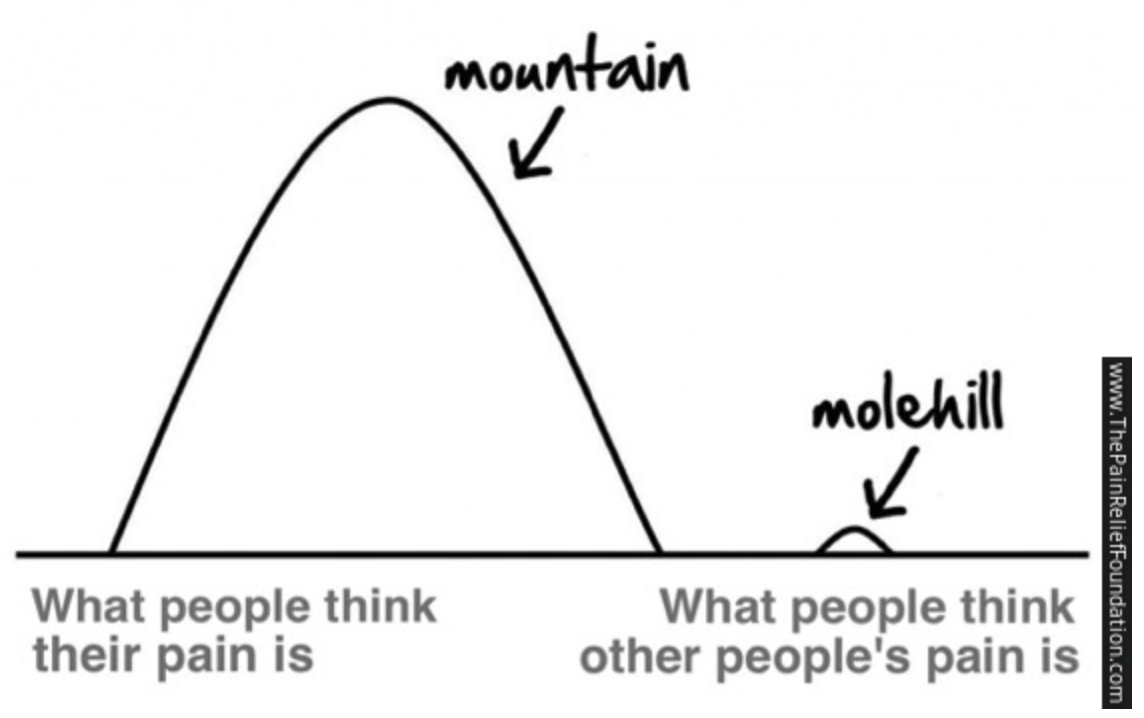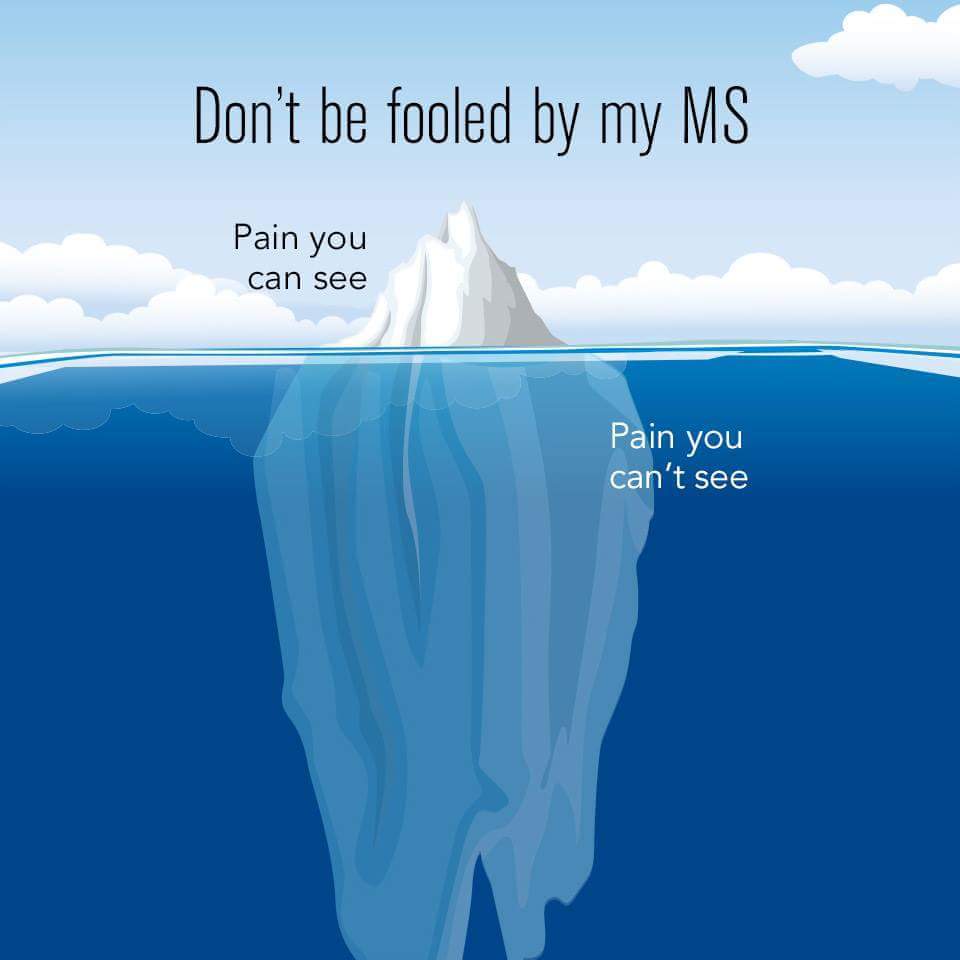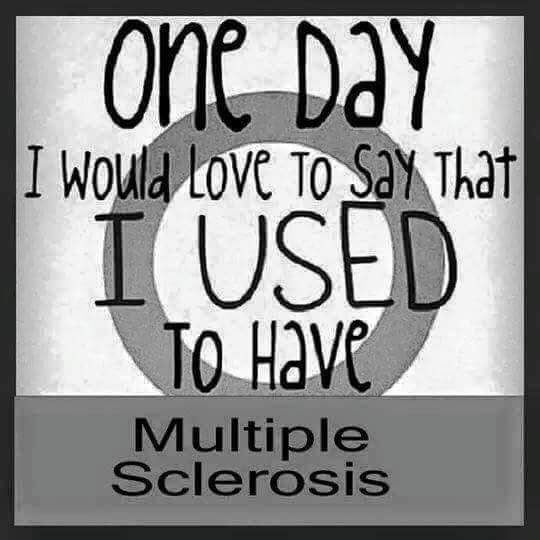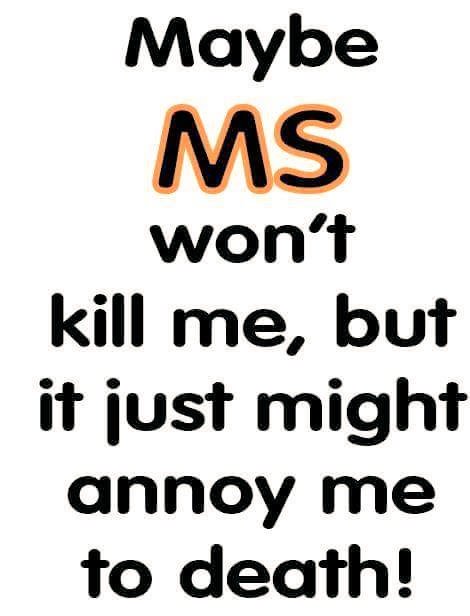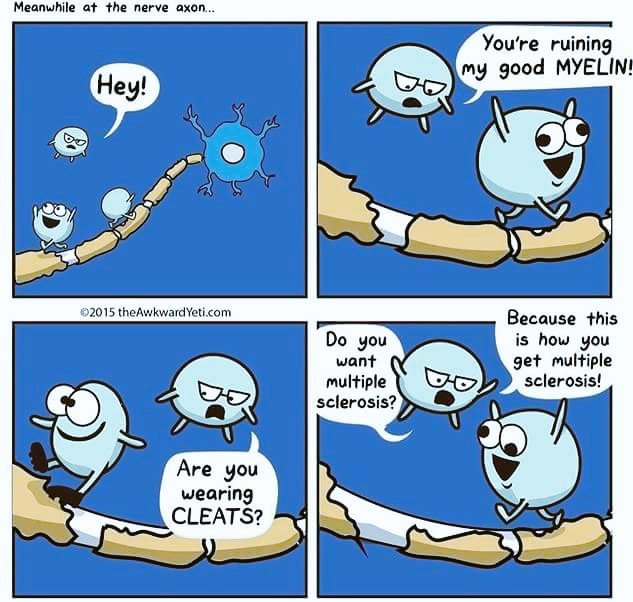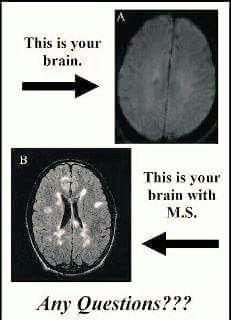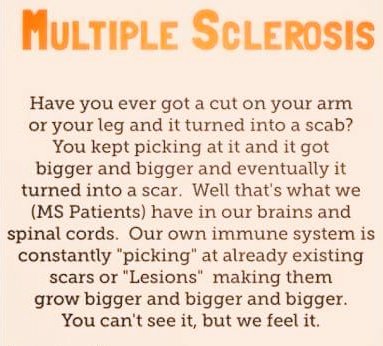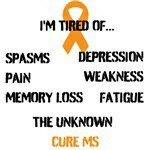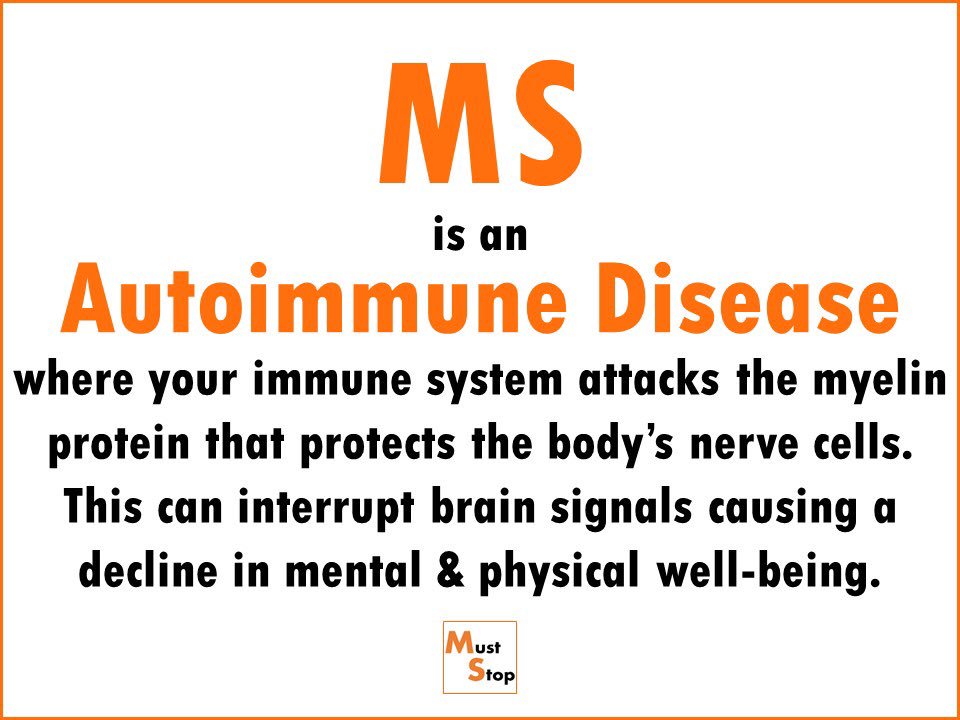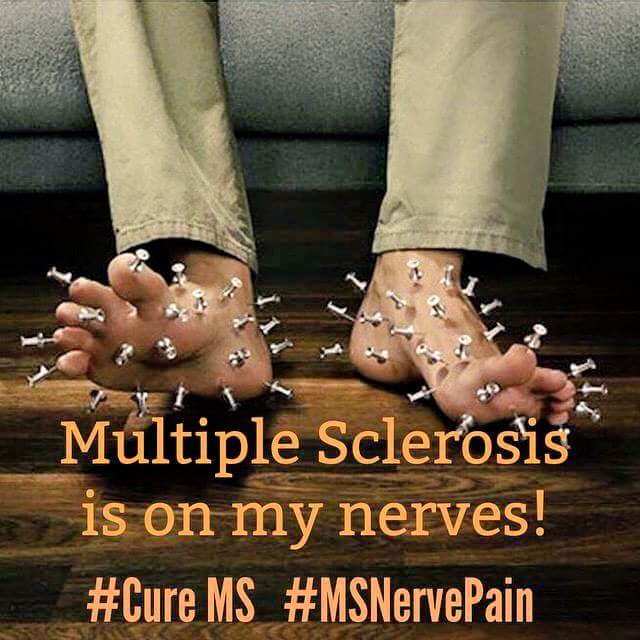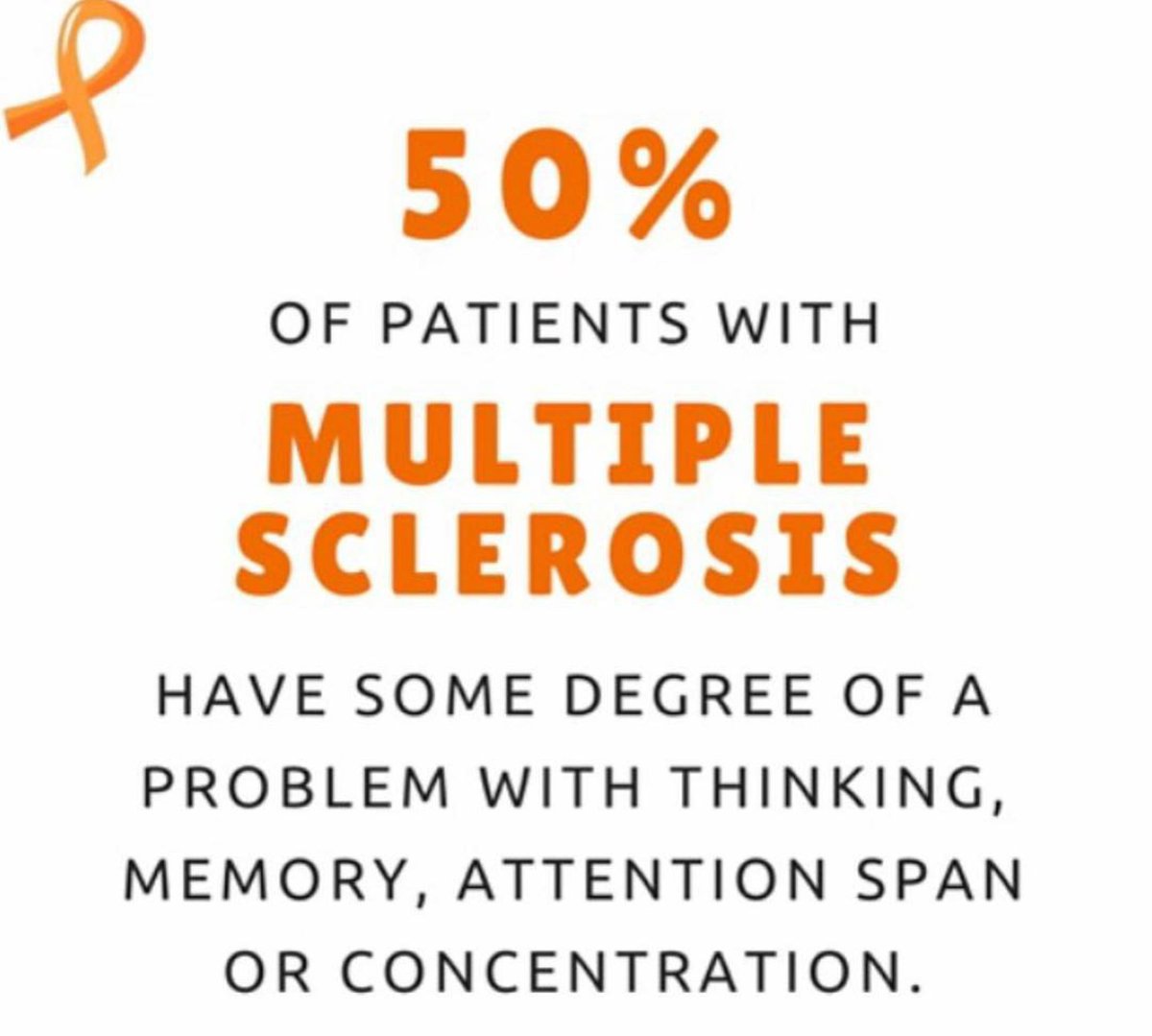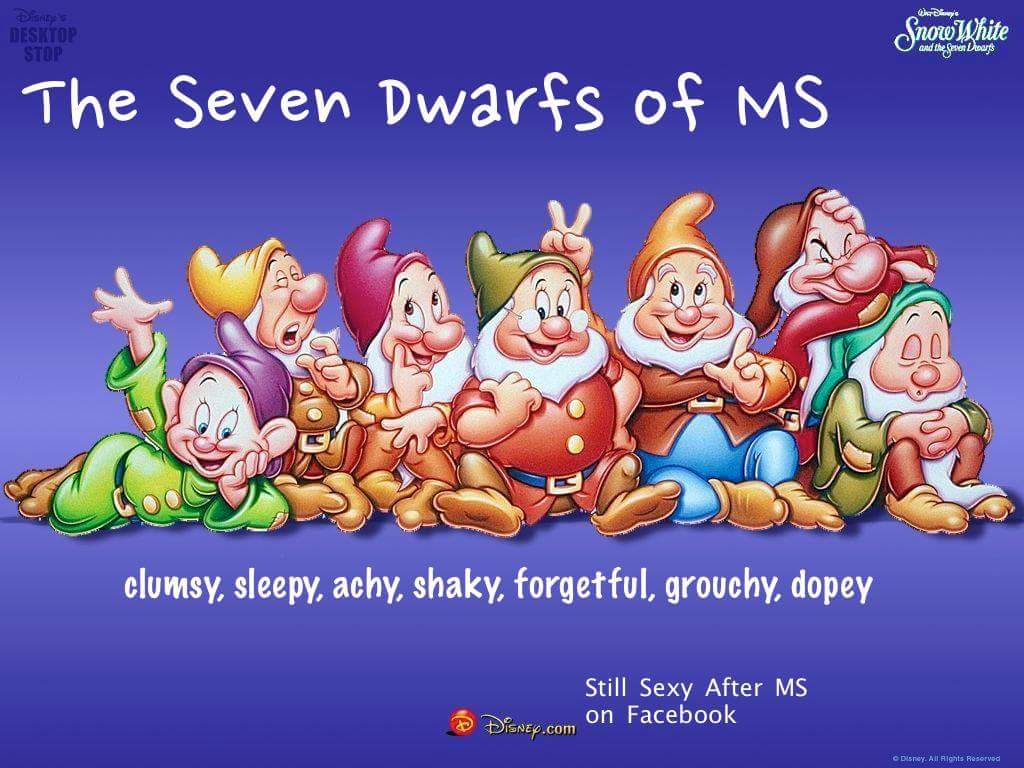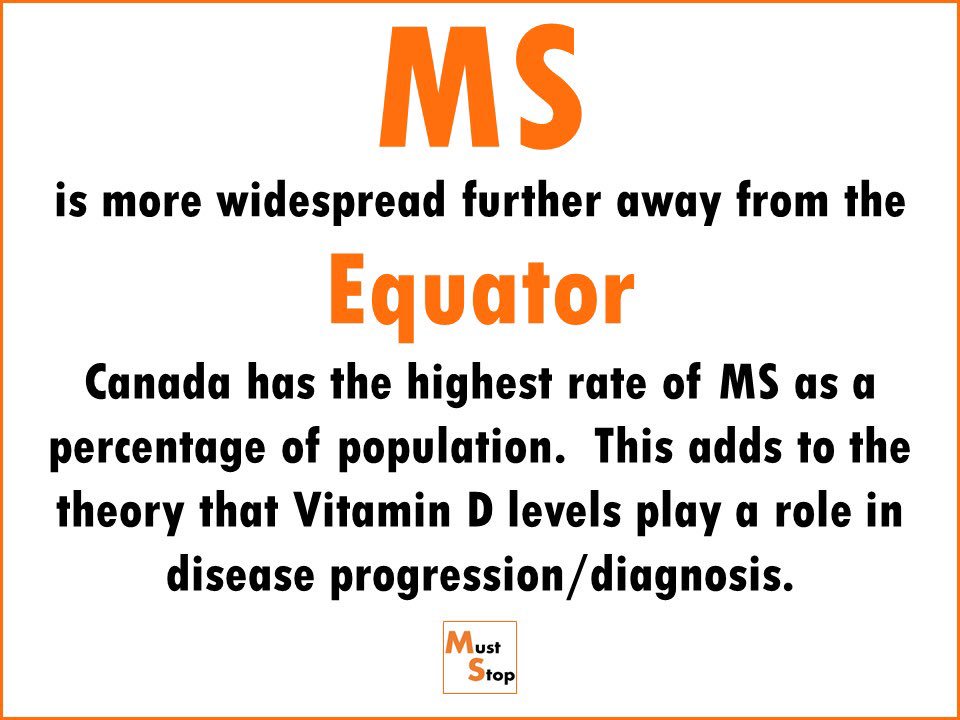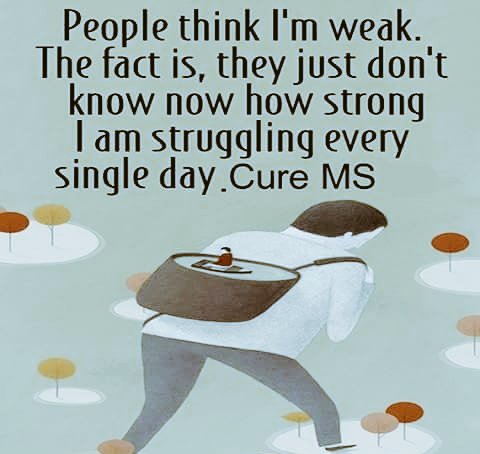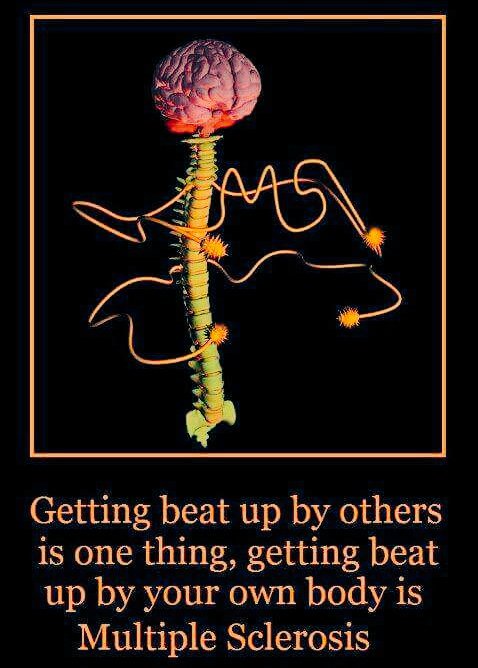Profs Basil Sharrack (left) + John Snowden - a clinical partnership of neurology and haematology
Cost-effective
The Royal
Hallamshire Hospital - together with hospitals in the United States,
Sweden and Brazil - is part of an international trial,
MIST, which is assessing the long-term benefits of the stem cell transplant.
All
those on the trial have relapsing remitting MS, where patients
experience attacks - or relapses - followed by periods of remission.
The treatment involves intensive chemotherapy, so patients are warned that there are side-effects such as nausea and hair loss.
Paul
Kirkham, another MS patient, said he was glad to have had the
transplant but added: "It does knock you. I'd rather have done 10
rounds with Mike Tyson."
The transplant involves a one-off cost of around £30,000, which is comparable to the yearly cost of some MS treatments.
Because
the procedure involves no new drugs and instead re-purposes an existing
therapy using the patient's own cells, there is little profit incentive
for drug companies to get involved.
Prof Richard Burt,
Northwestern University, Chicago carried out the first HSCT for MS as
long ago as 1995 and is coordinating the international trial which began
in 2006.
He said: "There has been resistance to this in the
pharma and academic world. This is not a technology you can patent and
we have achieved this without industry backing."
A study
published last year
involving MS patients in Chicago showed significant reductions in
neurological disability, and for some the improvements persisted for at
least four years, although there was no comparative control group.
The
outcome of the more detailed MIST trial - which will report in a couple
of years - could determine whether the stem cell transplant becomes a
standard NHS treatment for many MS patients.
Dr Emma Gray, head
of clinical trials at UK's MS Society , said: "Ongoing research
suggests stem cell treatments such as HSCT could offer hope, and it's
clear that in the cases highlighted by Panorama they've had a
life-changing impact.
"However, trials have found that while HSCT
may be able to stabilise or improve disability in some people with MS
it may not be effective for all types of the condition."
Dr Gray
said people should be aware it was an "aggressive treatment that comes
with significant risks", but called for more research into HSCT so there
could be greater understanding of its safety and long term
effectiveness.
Panorama is broadcast on BBC One at 20:30 on Monday 18 January 2016.


